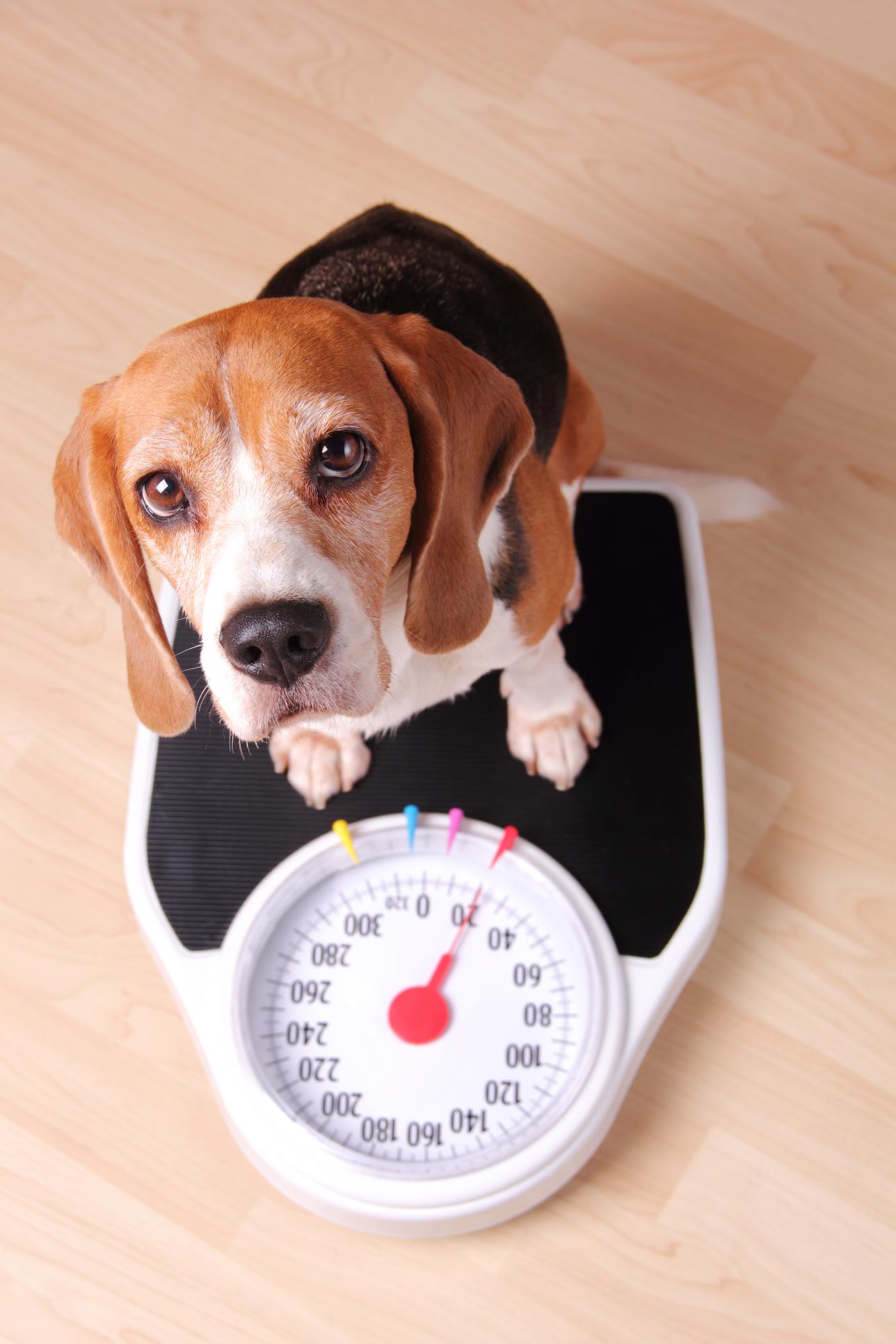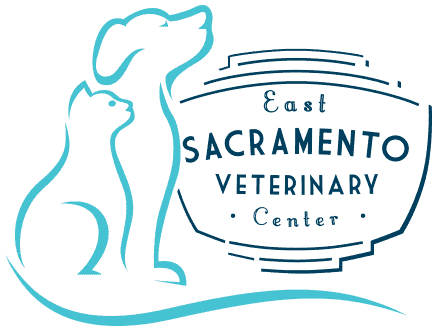Mindful Eating for Pets: Creating Nutritious Meal Plans in 2024

Providing nutritious pet meals that meet your pet’s changing needs as she ages plays an important role in your pet’s overall wellness. But the overwhelming array of pet food choices brimming with buzzwords like “super-premium” and “human-grade” can make proper pet nutrition complicated. We can help! Read on for tips on choosing a balanced pet diet and mindful pet eating to help your pet live a longer, healthier life:
Prioritizing Pet Nutrition
A balanced pet diet will help your cat or dog look and feel her best. With so many brands, flavors, and textures—not to mention the latest “trends” in pet nutrition—making smart pet food choices isn’t always easy. During your pet’s wellness and prevention exam, we will weigh your pet and discuss your pet’s eating habits and activity level. Together, these ingredients will help us create the perfect recipe for nutritious pet meals tailored to your pet’s needs.
Pet Dietary Planning for Different Life Stages
As pets mature and change, their dietary needs change too. At your pet’s wellness visit, we’re happy to recommend a balanced pet diet that will support your pet’s different life stages, including:
- The First Year: Keeping puppies and kittens on track during their first year of rapid growth and development requires a diet rich in the appropriate amounts of protein, calcium, phosphorus, omega-3s, and antioxidants.
- Adult Pets: Pets that have reached full maturity typically need a pet diet with less fat, fewer grams of protein, and fewer calories to prevent obesity as they age.
- Expectant Pets: Pregnant and lactating pets need extra calories to carry and nurse their babies.
- Senior Pets: Golden girls and boys have special nutritional needs, and may need a prescription or therapeutic diet to mitigate the symptoms of health conditions like hyperthyroidism, arthritis, or diabetes.
Mindful Pet Eating
Portion control is important, particularly as pets age and become less active. Here are some pet meal planning tips to help your pet maintain a healthy weight:
- Follow the feeding guidelines on the pet food label.
- Feed your pet according to your pet’s goal weight, not what she currently weighs.
- Use a measuring cup for accuracy.
- Curb the treats and table foods, especially if your pet is overweight.
- Reward your pet with healthy treats, like baby carrots (for dogs) or a tiny piece of lean meat (for cats).
Pet Dietary Needs for Optimized Health and Longevity
Choosing a balanced pet diet requires careful consideration of your pet’s age, weight, activity level, and health concerns. Our team at East Sacramento Veterinary Center is happy to recommend a diet for your pet’s needs at your next visit. Please contact us at (916) 737-5670 to schedule an appointment or if you would like more pet meal planning tips.
